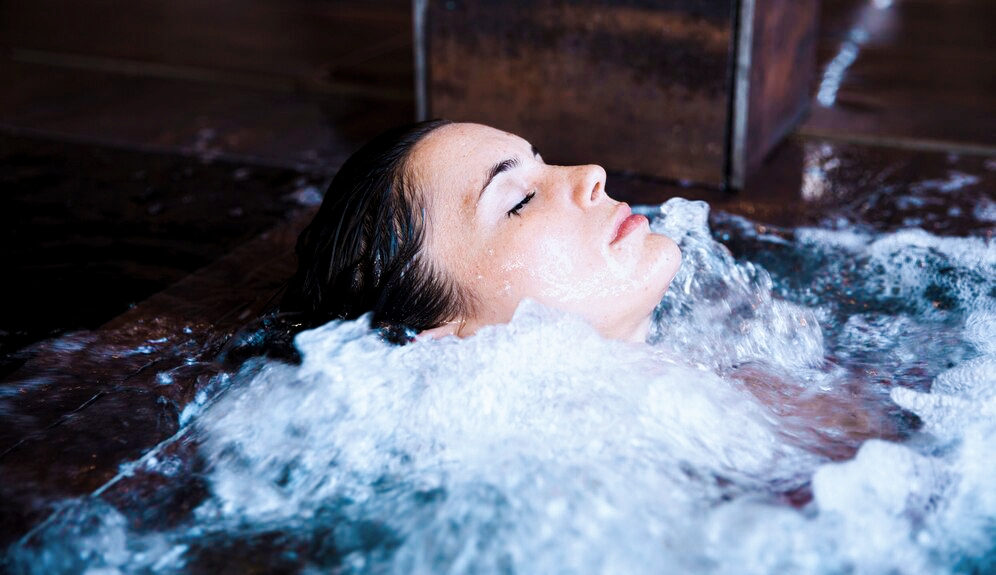Amid rising temperatures in many countries around the world, some people resort to bathing in very cold water in search of refreshment. However, health experts warn that this habit may be harmful and dangerous to health, especially if done suddenly after prolonged exposure to high heat.
* Warning of "Cold Shock Response":
According to a study published on The Conversation website, bathing or diving suddenly in very cold water after exposure to heat does not actually lower the body's internal temperature; instead, it causes the contraction of superficial blood vessels, reducing blood flow and causing the body to retain heat inside instead of dissipating it.
If the water is very cold, especially when close to freezing, the body may experience what is known as "cold shock response," a condition that can cause a sudden increase in blood pressure due to the sharp contraction of blood vessels, forcing the heart to work harder.
* Risk for Heart Patients:
The risks are particularly high for people with heart diseases or blood pressure disorders, as the sudden change in body temperature from high heat to extreme cold can lead to heart rhythm disturbances, and in rare cases, may lead to death.
* Medical Tips for Cooling the Body Safely:
Experts advise against using very cold water, preferring the water to be moderate in coolness.
It is also recommended to follow the following methods to safely reduce body heat:
_ Drink plenty of water.
_ Avoid caffeine-containing drinks.
_ Wear light and loose clothing.
_ Keep windows and curtains closed to prevent heat from entering.
_ Use fans or air conditioners effectively without exposing the body to harsh cold.
Bathing in very cold water during hot times is not always as safe as some may think, and it may pose a real risk to health, especially if done suddenly.
Moderation and awareness are the best ways to face heat waves peacefully.

